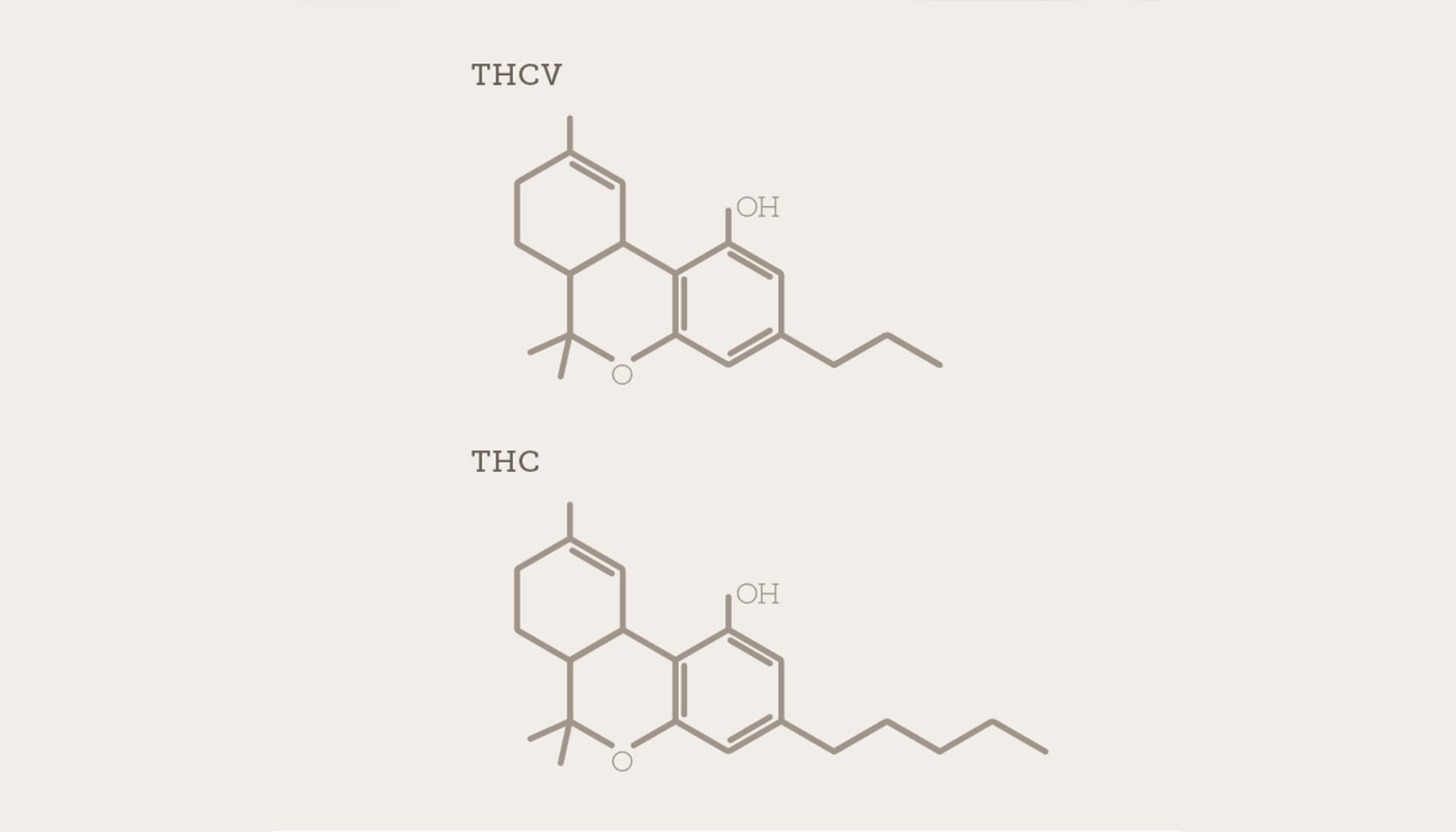Tetrahydrocannabivarin (THCV) is a cannabinoid substance found in marijuana and hemp plants. It's chemically similar to tetrahydrocannabinol (THC) however with some key differences. Here's whatever you require to learn about THCV consisting of the dangers, advantages, differences, and similarities with other types of THC and more. What Is THCV? THCV is a less common cannabinoid found in some strains of marijuana, particularly African sativa.
 What Is THCV and What Are the Benefits of This Cannabinoid?
What Is THCV and What Are the Benefits of This Cannabinoid?
 THCV The Benefits of The Little-Known Cannabinoid
THCV The Benefits of The Little-Known Cannabinoid
 Tetrahydrocannabivarin (THCV) - Original FARM
Tetrahydrocannabivarin (THCV) - Original FARM
THCV has a 3-carbon side chain rather than THC's 5-carbon side chain. This difference is subtle, but it has a noticeable effect on the impact profile. THCV is rather psychoactive but only about and about. What Does THCV Seem like? THCV has a strong energy-boosting part to it, which makes it especially popular amongst trainees and athletes.
In the United States, THCV regulation is nuanced. THCV is not a Schedule I Drug, however marijuana extracts are making it rather unclear what the federal position is on THCV. The 2018 Farm Expense mentions that hemp plants and all derivatives of the plants are legal on a federal level, many companies abide by this law and still offer THCV to clients by just drawing out the substance from hemp plants.
If THCV is thought about a THC analog, it might be controlled in the future by the same guidelines as THC under the Federal Analog Act. This act mentions that any compound that shares a similar molecular profile as a known forbidden substance it's included in the same drug Schedule category.
What Are the Results of THCV? Advocates of THCV report that it produces an extreme burst of energy and makes them feel blissful without the mental cloudiness triggered by THC. The impacts are incredibly mild compared to THC. The impacts are nearly specifically cognitive yet somehow have extremely little influence on headspace.
2. THCV & Appetite Some THCV users declare that it curbs their hunger. This is a common impact of other focus-enhancing compounds also. It's as though THCV gets rid of the interruption of other bodily procedures (like appetite) in order to preserve resources and attention to cognitive jobs rather. How Does THCV Work? Cannabinoids produce biological results in the body by engaging with endocannabinoid receptors.
CB1 receptors are situated in the nerve what is thcv cannabinoid system and interact with neurotransmitters in the brain to produce mind-altering impacts. Interaction with CB1 sites is what offers some cannabinoids like THC their psychoactivity. THCV is a bit tricky to comprehend due to the fact that it's primarily a CB1 antagonist, implying it has the opposite result as THC.
While researchers are still seeking to comprehend this process, it appears THCV has the ability to block the impacts of CB1 in low doses and promote them in high doses. CB2 receptors are discovered primarily in the immune system. THCV is a partial agonist of CB2, however the impacts of this partial activity aren't popular, and it apparently has no noticeable influence on THCV users' experience.
As mentioned in the previous area, THCV is a CB1 villain in low doses which is the specific opposite result of delta 8 and delta 9 THC. This could mean that THCV counteracts some of the psychoactive results of THC. This impact might explain why individuals who use THCV feel so clear-headed particularly compared to the well-known "fogginess" caused by delta 9 THC.